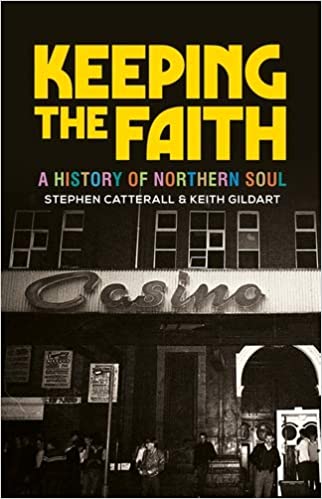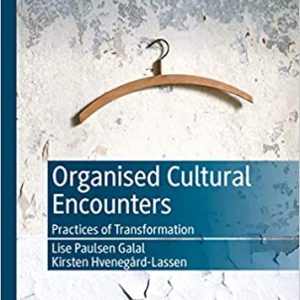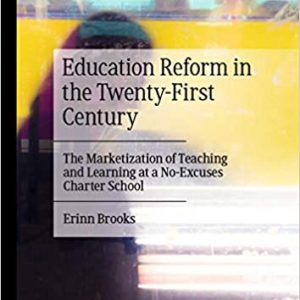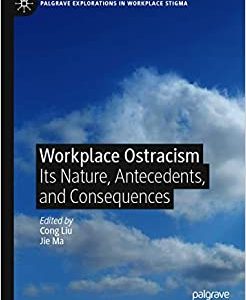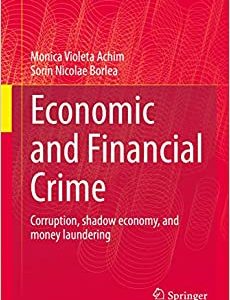Northern Soul emerged in a period when working class communities were beginning to be transformed by deindustrialisation and the rise of new political movements around the politics of race, gender and locality. Locating Northern Soul in these shifting economic and social contexts of the English North and Midlands in the 1970s, the authors argue that people kept the faith not just with music, but with a culture that was connected to wider aspects of work, home, relationships and social identities.
Drawing on an expansive range of sources, including oral histories, magazines and fanzines, diaries and letters, this book offers a detailed and empathetic reading of a working class culture that was created and consumed by thousands of young people in the 1970s. The authors highlight the complex ways in which class, race and gender identities acted as forces for both unity and fragmentation on the dancefloors of iconic clubs such as the Twisted Wheel in Manchester, Blackpool Mecca, the Torch in Stoke-on-Trent, the Catacombs in Wolverhampton and the Casino in Wigan.
Marking a significant contribution to the historiography of youth culture, this book is essential reading for those interested in popular music and everyday life in in postwar Britain.

